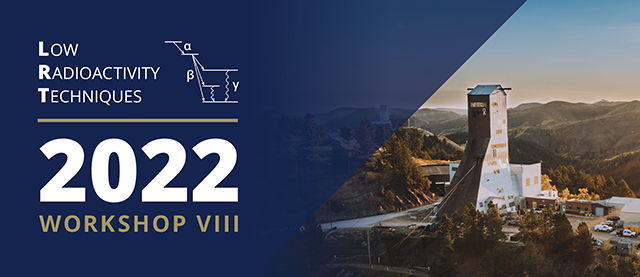Speaker
Description
Readout cables for signal sensors are a fundamental component of rare event searches for dark matter and neutrinoless double beta decay. While possessing unique electrical and mechanical properties, polyimide-based flexible cables can be a significant contributor to the total detector background, due to their relatively high content of natural radionuclides. Contaminations of 232Th and 238U in commercially-available flexible cables have been measured in the mBq/kg range, making them incompatible with the stringent levels required for next-generation rare event detectors.
In previous work, we have demonstrated the possibility of obtaining low-background (µBq/kg) copper-polyimide laminates which serve as the starting material for flexible cable manufacturing. However, we have found that even when starting with low-background laminates, the cable manufacturing process results in finished flexible cables with high (mBq/kg) levels of radioactivity.
In this work, each step of the flexible cable manufacturing process was systematically investigated using inductively coupled plasma mass spectrometry as a potential vector of radioactive impurities. Through the investigation of process modifications, the development of cleaning procedures, and surveys of alternative materials, we have demonstrated that the radioactivity content from 232Th and 238U can be reduced to a few tens of µBq/kg. We will discuss our key findings, report the current best levels of radiopurity achieved, and discuss future plans for making ultra-low background flexible cables commercially available.

